By conventional measures President Trump’s first 100 days back in office have not been a success. He hasn’t (at time of writing) restored peace for Europe’s frontier with Russia or tamed inflation in America’s supermarkets. Instead, he’s given the stock market a shock the likes of which it hasn’t felt in decades and blown up some apartment buildings in Yemen. Elon Musk’s Department of Government Efficiency has taken apart entire federal agencies, but the very small-government conservatives and libertarians who might be expected to be enthusiastic about this are instead signaling that they were pretty comfortable with the way Washington was – or at least that they don’t want those ways changed unless they’re done by the most proper possible playbook.
Trump is losing deportation cases not only in the courts but in the court of public opinion. His tariffs have made free trade popular again. In line with all of this, the President’s approval ratings are some of the worst on record. When Trump returned to the White House 100 days ago, even his enemies were in awe of him. His re-election upended politics as all American had known it. What wasn’t possible? Yet now, the golden age seems leaden.
Yet all of that is at the level of perception and feelings, which do matter a great deal in ordinary politics, but may not matter to Trump. He’s lived through worse, including years of lawfare and a few assassination attempts. Trump is an entrepreneur’s entrepreneur – his whole life has been spent building, losing, and rebuilding empires, renewing his brand and fortunes after every bankruptcy. His first term as president had its shocks and setbacks, too, yet before Covid struck, Trump appeared to be on his way to re-election in 2020. And after his luck ran out that November, Trump refused to concede defeat, fighting on until January 6 the following year, and then fighting on some more through electoral politics, until he had reconquered the Republican party and taken back the White House. Crushing defeat, in Trump’s eyes, is only a prelude to greater victory.
The usual yardsticks don’t apply. President Trump isn’t trying to run Washington better than other politicians, he’s setting out to remake it. The same can be said for the economy, both America’s and the world’s. Even the fits and starts of his trade policy illustrate not so much Trump’s failure to be consistent by other people’s standards as his application of his own style. An entrepreneur is like a gambler, but one whose wagers can remake an industry. If Trump tries one thing and finds it not to his liking – or not sufficiently so to keep his attention – he’ll soon try something else, and he doesn’t have any doubt the next roll of the dice will win if the last one doesn’t. Failure isn’t the opposite of success, it’s just a step in the process of succeeding. It’s part of the fun.
Another way to think about this is to view Donald Trump as an empiricist. Everyone else sees politics in heavily theoretical terms, as an activity defined by rules of good policy and with clearly defined poles of success and failure. MAGA intellectuals, no less than the liberals they disdain, pride themselves on thinking they know the true relationships between causes and effects, and running the country means simply implementing a well-conceived plan. But Trump treats every fact as something to be discovered anew by being put to the test. Will suddenly imposing massive tariffs on most of the world torpedo America’s own economy? If so, what exactly will that look like? What new opportunities will emerge from the wreckage? Trump is a kind of political Large Hadron Collider – it’s one thing to know what the theory says about the behavior of elementary particles, it’s another to find out what actually happens when you smash things into one another at a serious fraction of the speed of light. The difference is that elementary particles are much more predictable than human beings and the social world they create.
So in his first 100 days, Trump has brought about change – indeed, upheavals – from which he will learn and profit, not by confirming anyone else’s theories but by rearranging the landscape itself: of Washington, of the world trade and financial system, and of international relations. Trump doesn’t know exactly what will happen, but he doesn’t need to. He’ll adapt and evolve himself to thrive, eventually, in any environment. He can do this with confidence because he does know two things about everyone else that they won’t admit to themselves. The first is that the seemingly solid world of Washington institutions and expert knowledge is actually fragile and transient, and however popular polls may say free trade or due process in immigration cases is, popular discontent with the status quo is always waiting to be tapped. The second thing Trump knows without having to rely on any theory is that the theorists and institutionalists – the defenders of the status quo – are especially maladapted to survive in a changing environment. Trump might not win every roll of the dice, but his opponents can’t even enjoy the game, and that sets them up to lose.
At least, that’s what Donald Trump’s experience up to now has shown him. The other side – which means not only Democrats but rule-minded Republicans and indeed many theory-besotted MAGA intellectuals – can’t explain Trump’s long record of success (they all predicted his annihilation many times over), but they remain convinced that they’ll be right this time. In the past 100 days, Trump has finally gone too far, and now he’ll have to behave like a normal president; now at last he’ll have to face constraint. You can’t beat the market, after all, and the market has beaten Trump, forcing him to back off his tariffs. The intractability of the Russia-Ukraine war and the persistence of Houthi harassment of shipping in the Red Sea are brute facts from which Trump can’t escape: they force him to recognize the experts were right all along. And so on – after 100 days of running wild, Trump is discovering just how short his leash really is. Perhaps it was never as short as the old guard in Washington believed, but it has limits that Trump has now reached.
Then again, we’ve heard that before, and it’s never been true. Trump could choose to conduct the rest of his presidency as an experiment in normality. Anything’s possible for him. But that’s one possibility I wouldn’t bet on. If Trump is the man we all know him to be, the next 1,361 days (or more) will be every bit as wild as the past 100 have been. That’s the way Trump likes it, and more often than not, that’s how he thrives.



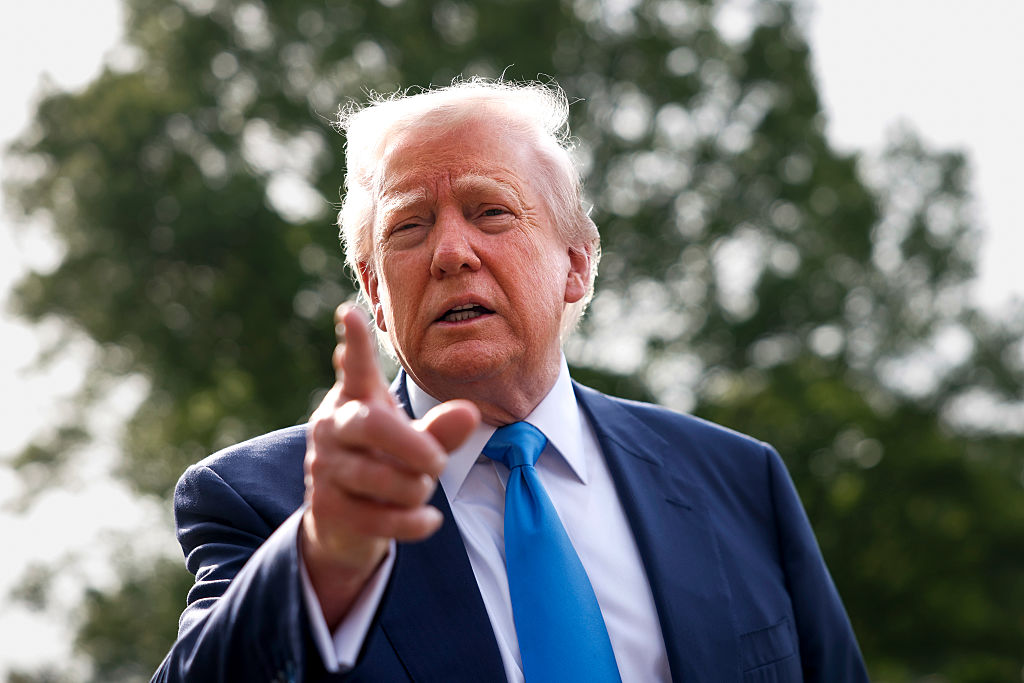






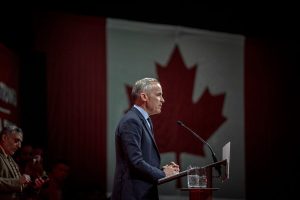


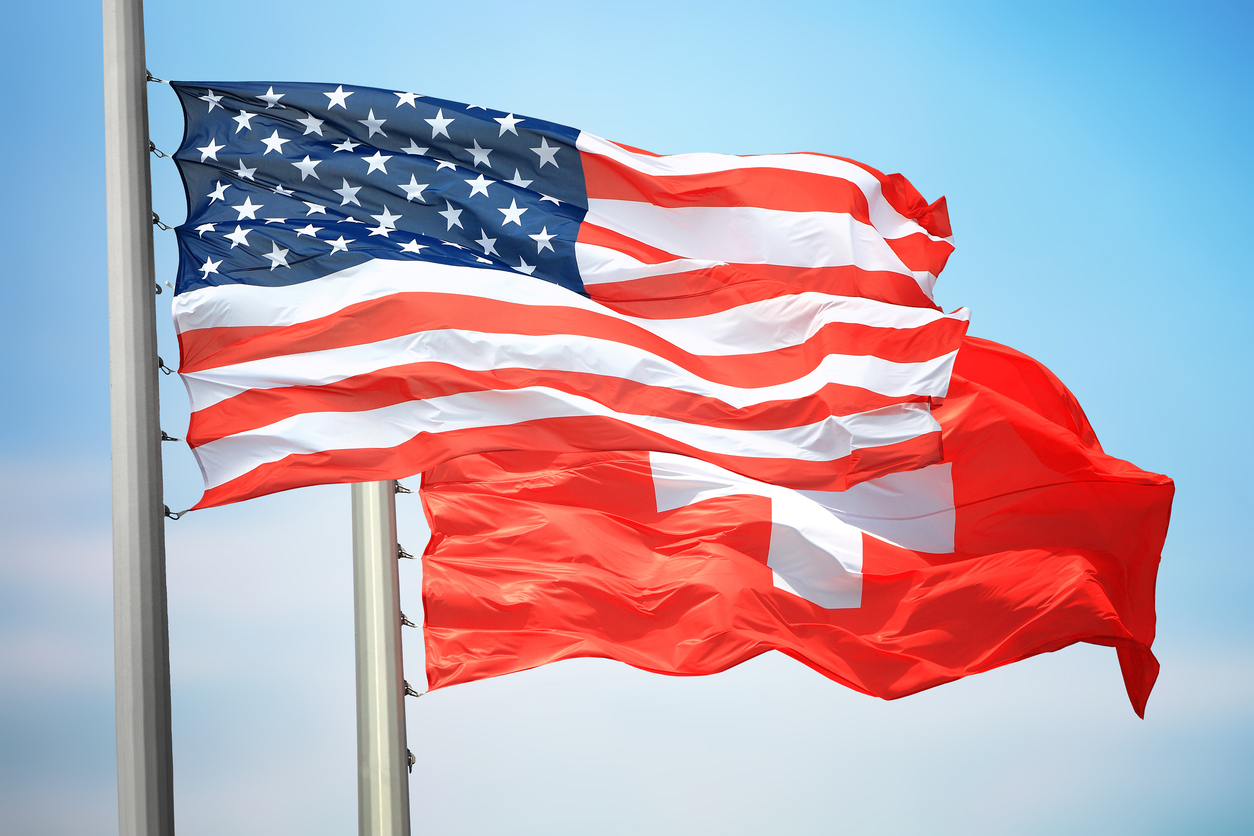
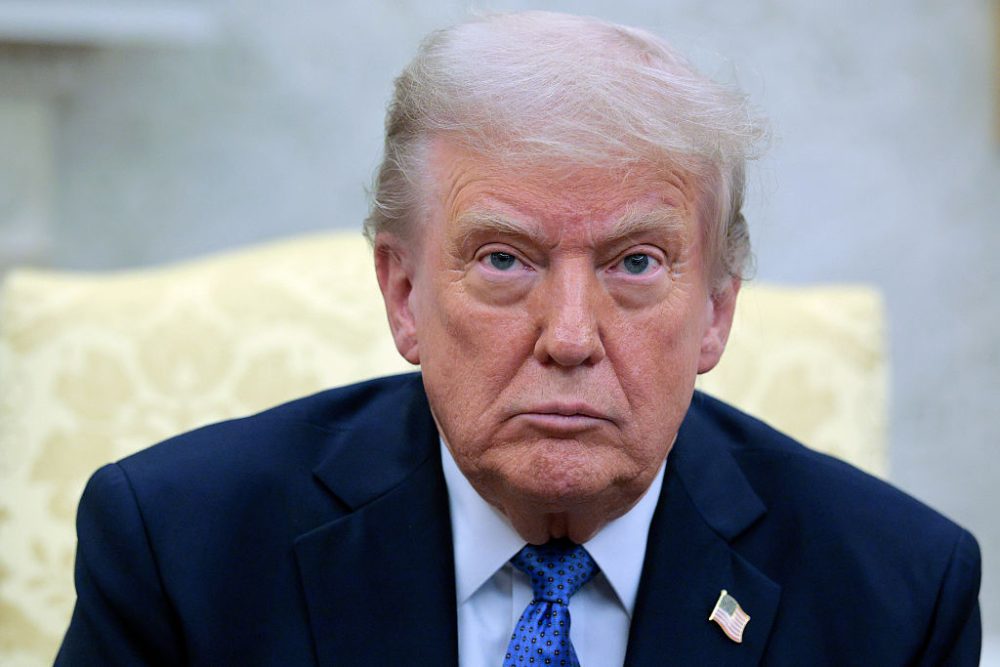


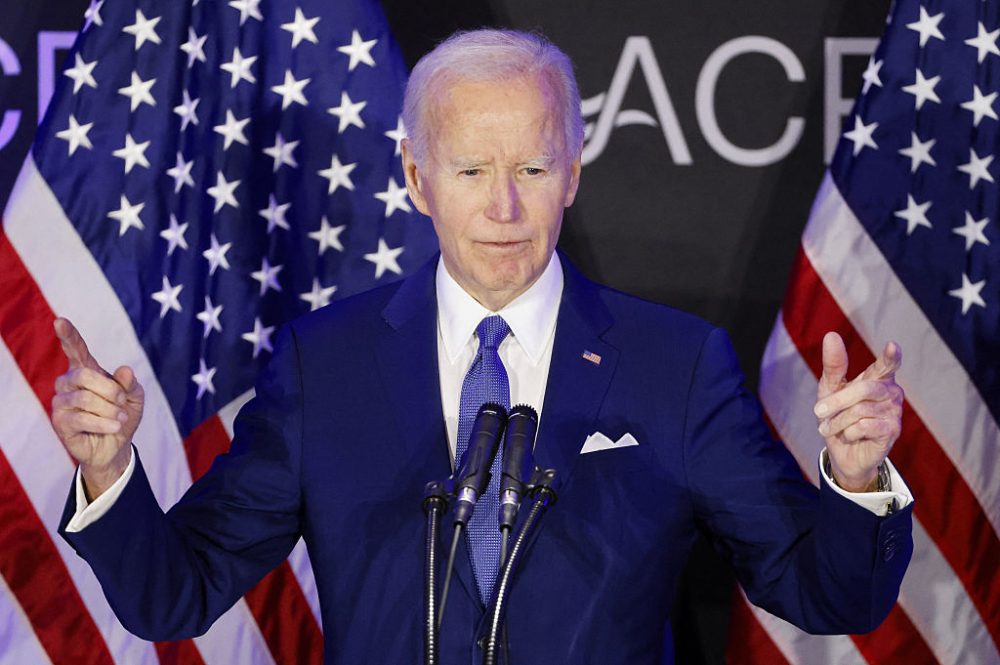
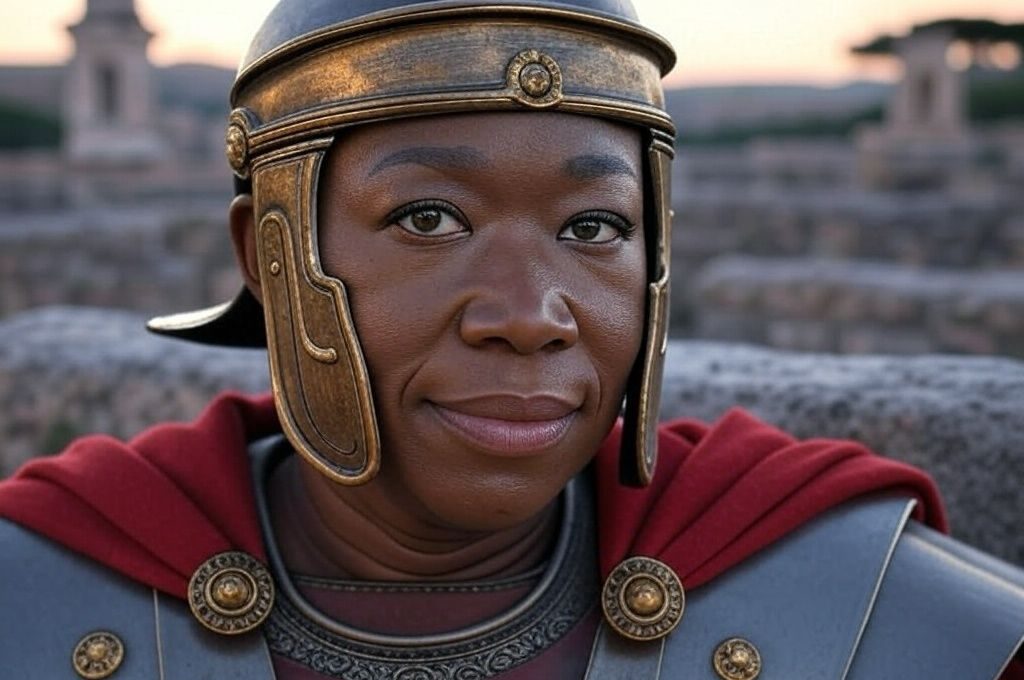







Leave a Reply